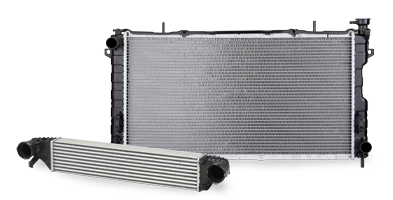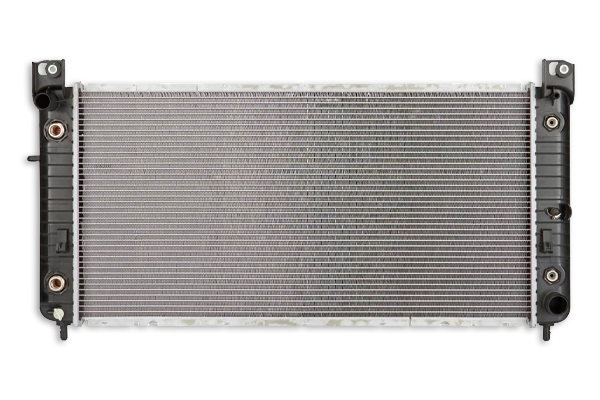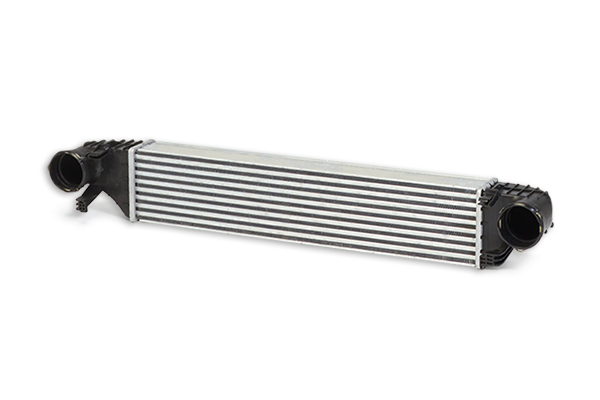Radiators
Engineered as a direct replacement solution, they deliver high-efficiency and leak-free performance. Keep your engine running smoothly at optimal temperature for miles on end with Spectra Premium quality.
Browse Our PartsUnmatched Engine Cooling for Every Journey


Engineered as a direct replacement solution, they deliver high-efficiency and leak-free performance. Keep your engine running smoothly at optimal temperature for miles on end with Spectra Premium quality.
Browse Our Parts
Discover the ultimate performance boost with our cutting-edge intercoolers, seamlessly integrating into your air intake system to efficiently cool air for enhanced combustion. Manufactured with premium components, our intercoolers ensure durability and a precise fit, maximizing cooling efficiency with high-density fins. Elevate your driving experience with our top-tier intercoolers, where innovation meets reliability to deliver unmatched performance.
Browse Our PartsGot questions or need assistance? Reach out now for expert support and solutions. We're here for you!
Contact Us